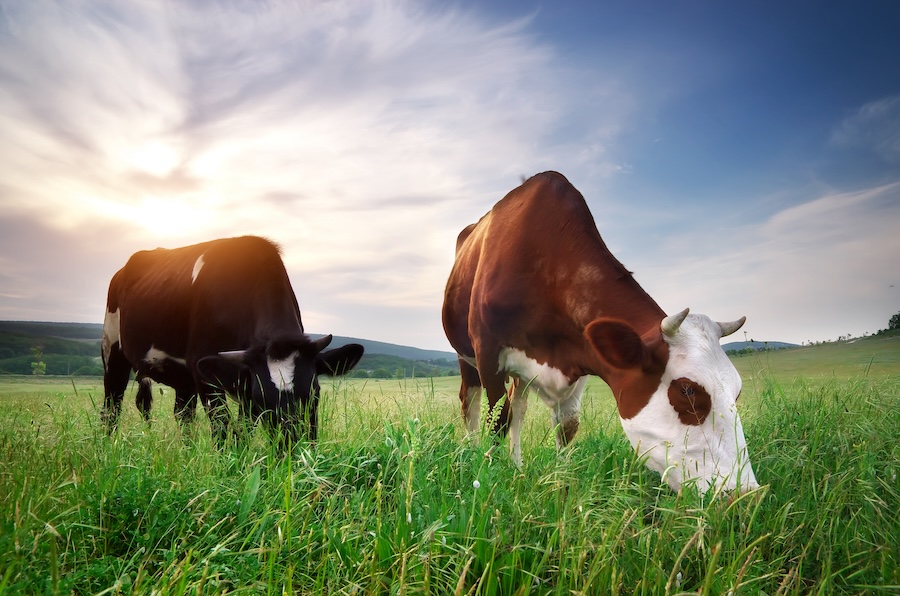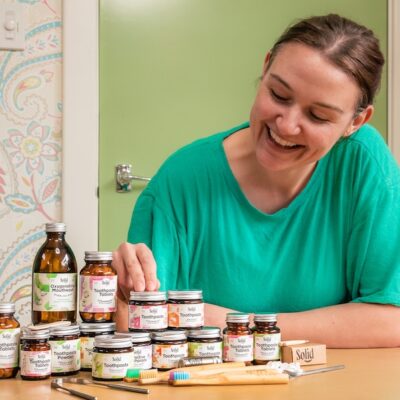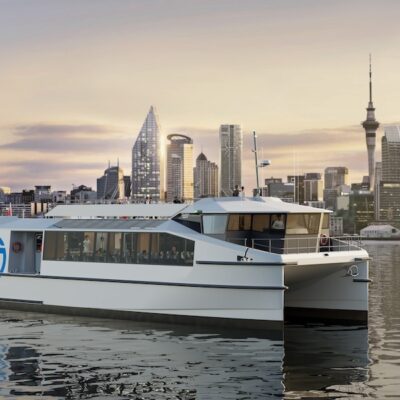Is there a sustainable future for red meat?
Red meat is one of the biggest contributors to global emissions — yet it’s also a cornerstone of New Zealand’s economy. As global diets evolve and climate pressures mount, is it time for Aotearoa to lean into alternative proteins, go regenerative, or risk letting the industry wither?
What is the most meaningful action you can take to reduce your carbon footprint? The answer is simple: give up your SUV and walk. After that it’s eating less meat. Especially red meat.
This simple act beats recycling, driving an EV, shopping local, upgrading your light bulbs and many of the changes we chide (or pride) ourselves over. The case against red meat stacks up, horribly.
According to Our World in Data the median emissions for beef is 25 kilograms of CO2e per 100 grams of protein, bigger than dairy, chicken and pork. The emissions of plant-based protein are 10-50 times lower.
Beef and dairy are also the key drivers of deforestation, a major source of emissions. About 40 percent of current global deforestation is due to land clearances for grazing.
Beef and sheep meat require a massive amount of land compared to other proteins; they’re both a major source of nitrogen-rich run-off; there are links to cancer from consuming excess processed meat; and animal abuse through factory farming is still standard practice in many countries.
Red meat is the black sheep of the protein family.
And yet, meat will not disappear any time soon. Research firm Coriollis says over 7.5 billion people across 195 countries eat meat, making it the sixth largest food source by volume. The average person consumes about 45kg of meat per year. “With an additional 1.5 billion consumers expected in the next 25 years, primarily in Africa and Asia, meat consumption is set to rise further.”
And it’s unlikely to disappear from the New Zealand economy soon either. In the last 20 years beef exports have grown to $4.6 billion from $1.8 billion, and the government sees meat as a critical pillar in its ambition to double exports by 2035. In China, New Zealand’s largest market, beef is the preferred ‘upgrade’ from pork for middle-class consumers.
Is there a sustainable path here? You may choose to reduce or eliminate red meat as an individual act of protest – but can it be done at scale? What can New Zealand industry do? Or us collectively as a country?
As part of a series with Food HQ, I’ve been reading lots and talking to many about the future of food and I see three ways New Zealand could carve out a more sustainable meat industry.
1. Do nothing
The New Zealand meat business is under such price and market pressure it may wither – taking its environmental footprint with it. Last year, sheep and beef farmers reported, on average, a profit of $40,000. On average. That’s a terrible business. What’s more, despite global growth, per capita meat consumption has been declining since the early 1980s in the UK, Australia, Europe and the USA, with a concurrent growth in pork, poultry and ready-made meals.
It seems that the richer a country gets the less red meat it consumes. An Australian study found a strong correlation between national incomes and a decline in meat consumption. “There was evidence of a tipping point around US$40,000 of GDP per capita, after which increases in economic well-being do not lead to increased meat consumption.”
Without bold change the New Zealand red meat sector may shrink, reducing emissions single-handedly. Which doesn’t sound very sustainable, in a triple-bottom-line way. So what else?
2. Lean in to alternatives
New Zealand is well placed to embrace the low-emission, zero-cruelty future promised by precision fermentation and cellular ag. So far, the alt-protein ‘revolution’ has not lived up to its hype, with many companies going bust. It turned out to be harder than predicted. That’s good for New Zealand because we have many of the key ingredients: large-scale stainless steel processing plants (hello dairy!), healthy cell lines (hello Livestock Improvement Corporation!), low cost ingredients (hello rain and sunshine!), great science, appetite for innovation and established brands and distribution networks.
The precision fermentation revolution has barely started. The logic for it is similar to other disruptions like the renewables effect on coal or mobiles on landlines. Futurist Tony Seba, who correctly predicted the explosive growth in solar power some 15 years ago, reckons the ‘cow is being disrupted’.
That may be overly grim. ‘Augmented’ might be more accurate as the meat industry enhances its productivity through diversification.
Now is the time to augment.
3. Be the best value meat, ever
New Zealand will never compete on price with a volume producer like Brazil. But New Zealand generally sells beef and lamb cheaper per kilo than Australia, UK, Canada and the US, thanks to efficient production and low-cost inputs.
What’s more, an AgResearch study shows the carbon footprint of New Zealand sheep meat and beef among the lowest. Based on the research, an analysis by Beef + Lamb New Zealand and the Meat Industry Association shows eating red meat two or three times a week over the course of an entire year is just under the carbon footprint of a single passenger’s return flight from Auckland to Christchurch.
Thanks to deregulation in the 1980s, the ag sector undertook a relentless drive for efficiency – and survived. That same spirit should now be applied to meat’s footprint to create a total package: low emissions, low cruelty, low cost.
Pockets of this are evident. Silver Fern Farms ‘Net Carbon Zero by Nature’ beef suggests a sweet, sub-premium spot in supermarkets in Asia and the USA. The brand is part of a ‘moonshot’ by the co-op to create a Nature Positive story where the very act of farming regenerates ecosystems.
This isn’t as mad as it sounds. Some 25 percent of New Zealand’s remnant bush is on farmland. If farmers can be rewarded for restoring native bush, adding agro-forestry, and providing shelter for their free-ranging cattle (as the Silver Fern Farms scheme promotes), then we are one step closer to a regenerative farming system.
Building a meat industry based on sustainable values will create the business values New Zealand needs.






